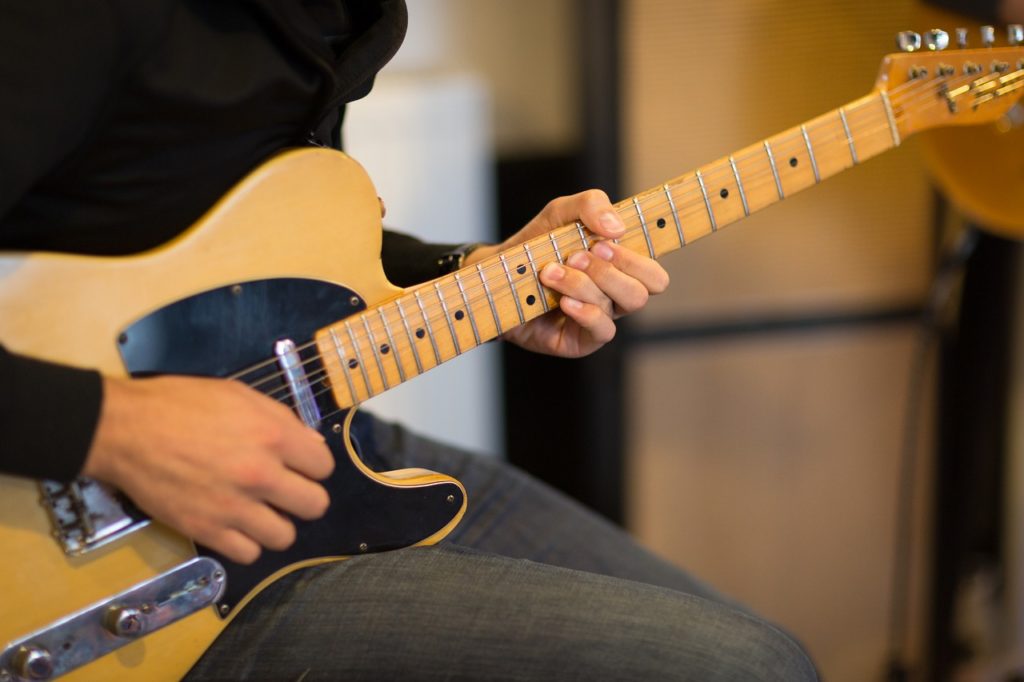The Five Most Common Bad Guitar Practice Habits
Knowing how to practice the guitar efficiently is one of the single most important factors in making progress with your playing. Practising efficiently is all about maximising the results you get from your time, and a lot of progress can be achieved with less time than you may expect, if the time is well spent. However, many guitarists do not practice efficiently and this results in wasted time, frustration and slow progress. Read on to learn about some of the most common bad practice habits and why they are to be avoided:
#1 - Cramming a whole week’s worth of practice into one or two sessions
For practice to be effective it’s very important to be regular and consistent, so try to aim to practice five or six days a week with one or two days off. If your time is limited, it’s far more desirable to have several shorter practice sessions than one longer one – doing an hour’s practice on one day and nothing the rest of the week is not equal to doing ten minutes practice a day on six days, even though the total time may be the same. One of the reasons for this is that newly learned material and muscle memory is consolidated while you sleep.
#2 - Replaying entire sections instead of focusing on the bits that you can’t play
If you’re practising a part and find that you always make a mistake at a particular point, don’t go back to the start and play through the whole thing again. Instead, notice where the mistake occurs and practice that bit in isolation – It could a one or two bar section, a lick, or even just a couple of notes that is holding you back. The more precisely you can identify the source of problems the more effective your practice time will become.
#3 - Using different fingerings or picking patterns each time you practise a new part
When you’re first getting to grips with a challenging part it’s very important to use the same fingering and picking each time you play it. If you play a part ten times but play it a different way each time (whether you are aware of it or not), you will probably find that it won’t improve significantly. Pay attention to what you’re doing, and be consistent with your fingering and picking to maximise the development of muscle memory.
#4 - Not writing down or keeping track of what you need to practice
Remember to keep a written practice diary, plan or simple list of some kind to record what you want to practice from week to week. Many skills need your consistent attention over a period of time before they are fully mastered, and you won’t be able to keep track of everything unless you write it down and review it regularly. This may seem really obvious but many people do not do so, which ultimately results in slower progress towards their goals.
#5 - Practising parts at too high a speed
A general principle is that the correct speed at which to practice any part is whatever speed you are able to play it perfectly. Slow and highly focused practice trains your fingers to move accurately. From there you can gradually build up to the performance tempo. Practising too quickly is counter-productive, and serves only to reinforce the difficulties that you’re trying to overcome.





